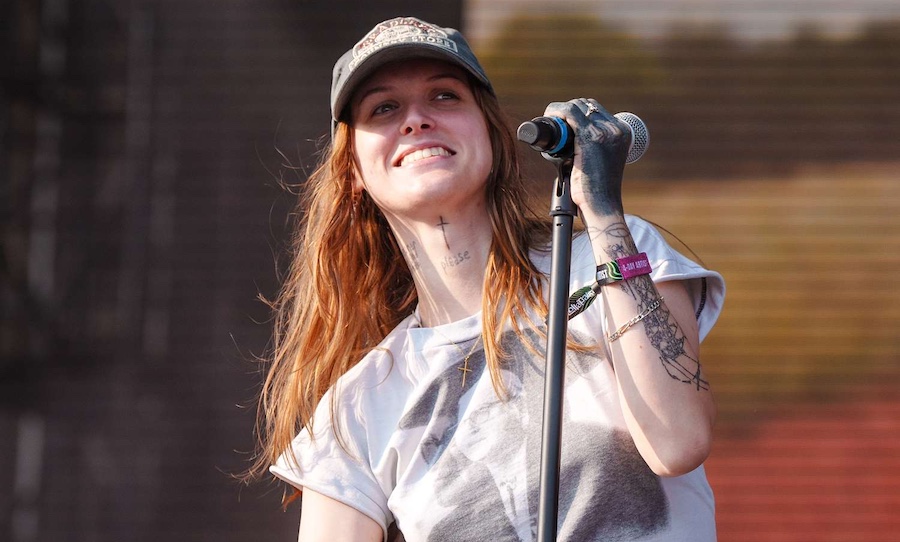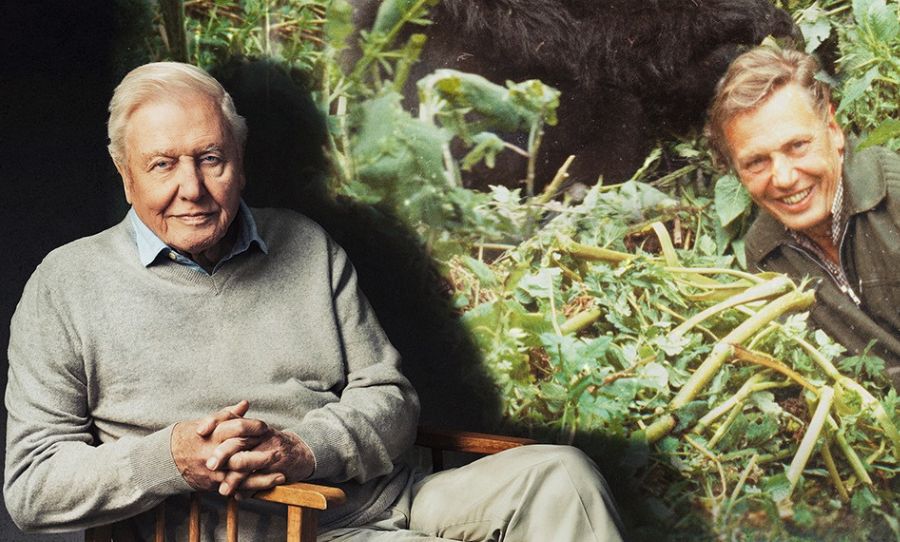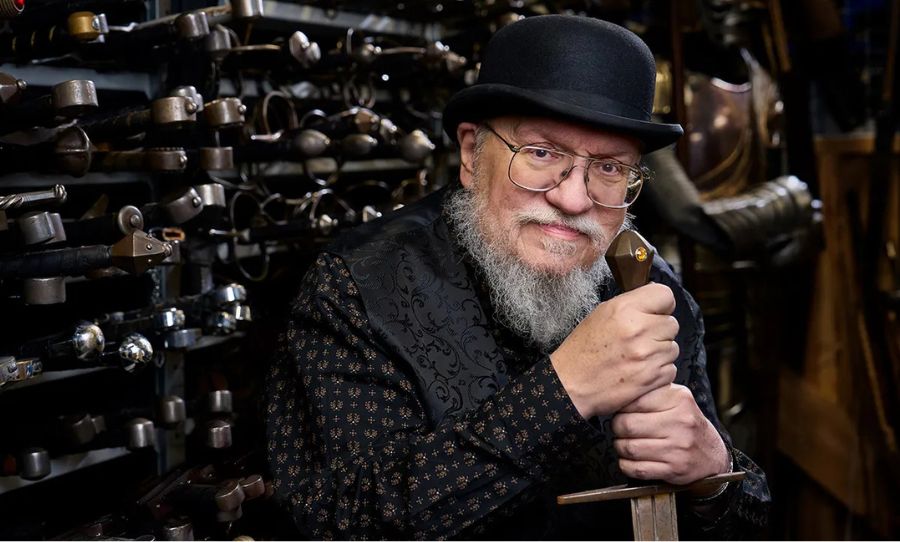“Not to mention this Aborigine is sick of injustice/I’m fuckin’ spittin’ for a cousin who is sitting in cuffs!” It’s a proclamation that speaks volumes: Dobby is here to make some noise.
On September 19th, he – along with Tasman Keith – will be opening the First Nations Concert Series at the Sydney Opera House, a celebration of the vibrancy and rich contemporary culture of Australia’s Indigenous heritage. Before the show, we sat down with Dobby – aka Rhyan Clampham – to talk about the significance of the series, his classical-piano skills, and the pressure you feel when all eyes are on you.
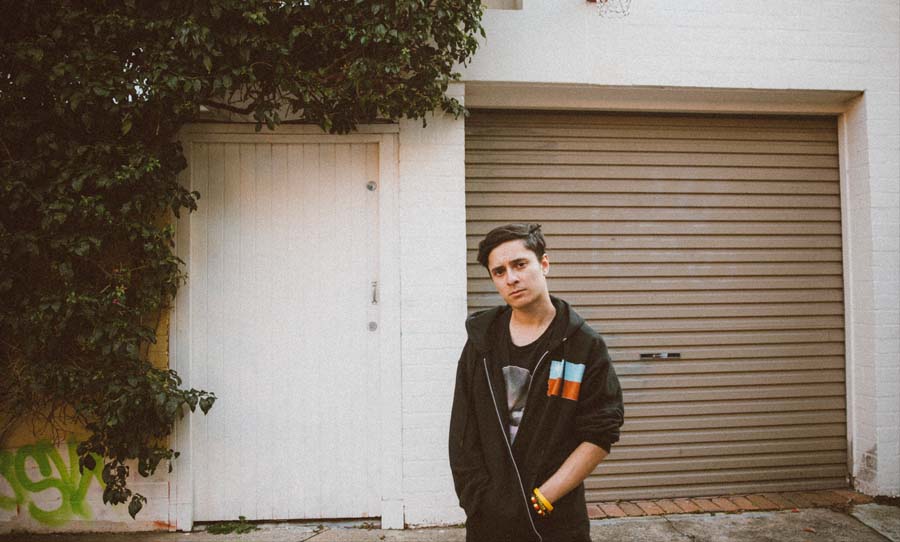
We caught up with Sydney rapper Dobby to chat his upcoming performance at the Sydney Opera House First Nations series and the pressure you feel when all eyes are on you.
HAPPY: Hey Rhyan. Your triple J Unearthed page lists your music under ‘Aboriginal hip-hop’ – how do you define that?
DOBBY: It’s important to preface that I think it means something different for every indigenous rapper. But at the end of the day, it’s something that should come from the artist themselves. I look at people like Briggs who has always been Aboriginal, he’s never not been Aboriginal, but he was making music on Sheplife and also before that on the Black List and people were like “I love this Aussie rap, not that N-word rap”. He asked the question, “who am I making music for?” So for him, his approach nowadays is to be as black as he can to let it be known. So that’s his take on it.
Birdz has a similar approach, he’s a Melbourne rapper, and Aboriginal rapper is someone who brings culture and political paradigms to the forefront of their lyrics. I guess that’s kind of what I’m doing as well. Aboriginal artists though on the other hand is a bit different, like Alice Skye, Emily Wurramara. I guess maybe it’s a hip-hop thing because, depending on who it is, we don’t wanna be boxed it as just Aboriginal music. Hip-hop’s a bit funny like that because we also want to let it be known.
HAPPY: So it’s more than just being Aboriginal?
DOBBY: One hundred percent. Exactly. I don’t want to be the best Indigenous rapper, I want to be the best rapper. I don’t think it’s fair for us to be boxed aside just because of our content or because of our identity. So it’s definitely more than just your identity, it’s about your musicality, it’s about your culture. It’s about acknowledging the fact that it’s not just hip-hop from Australia, we’re tied to Brooklyn, we’re tied to the Bronx, this is a cross-cultural platform.
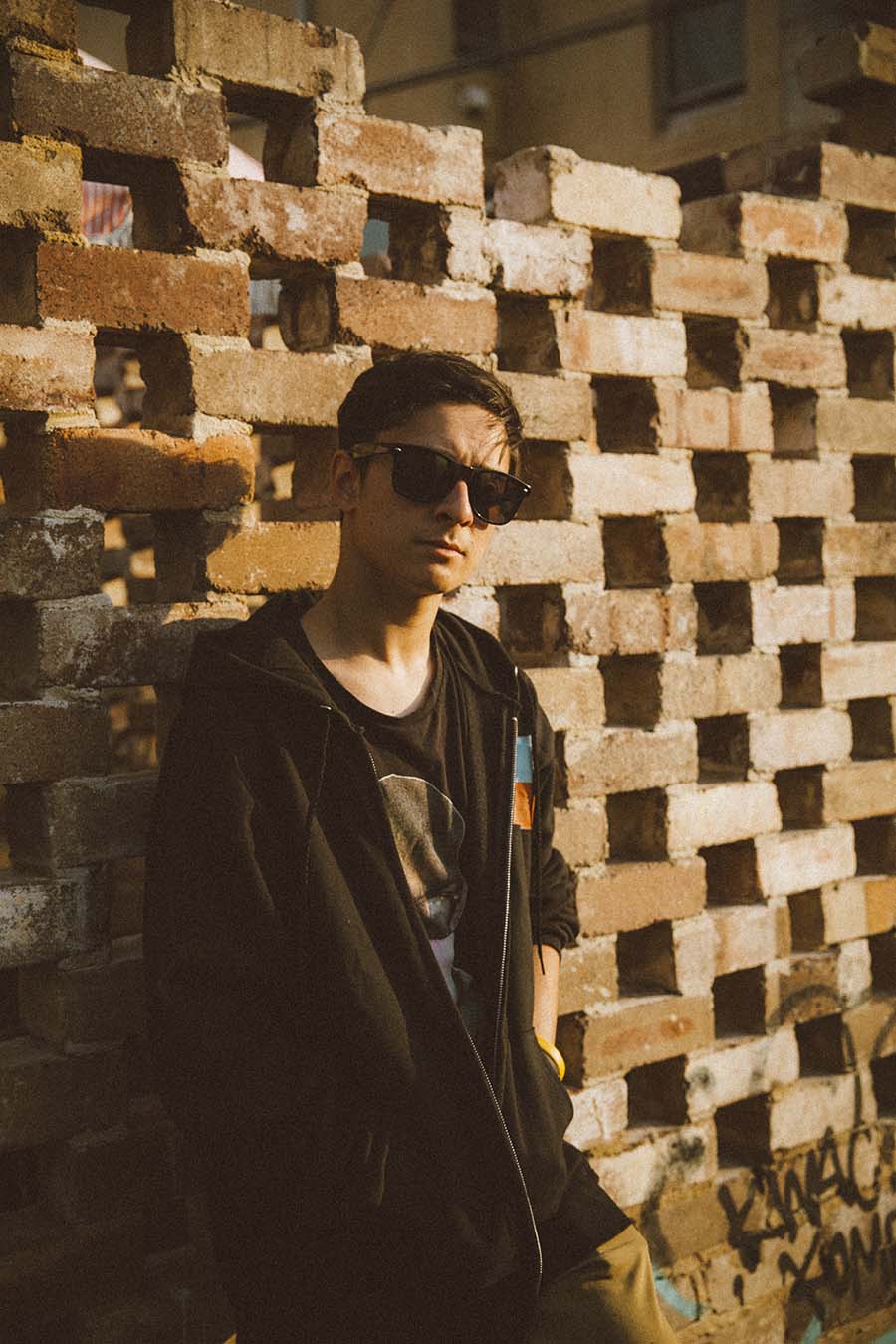
HAPPY: Are there traits in Aboriginal music that are feeding into more mainstream music by non-Indigenous artists?
DOBBY: Yeah, I’m seeing a lot of people who are starting to, in their own ways, acknowledge or speak on injustices and cultural differences, and acknowledging that we are on Aboriginal land. Adrian Eagle, for example, even though it’s not hip-hop he’ll say “I’m so proud to be on an ancient country”. Urthboy has always been an ally in his raps, always acknowledging. Not just that but also working with black artists.
HAPPY: You identify as Filipino-Aboriginal. How do you strike a balance between two different cultures and heritages?
DOBBY: I think in my music a lot of what I’ve been doing recently has been very Aboriginal fronted because that’s kind of what I’m seeing is in our dialogue right now in terms of the injustices and the discussion we’re having. There’s a lot happening right now and it has prompted me to speak about it and to speak my view on it and to give my experience. But also being Filipino is a really important thing to me as well, it’s my culture. Which is something I really wanna explore in the future as well. I want to be able to rap in Tagalog. I still need to learn Tagalog properly, I know certain phrases, but I need to sit down with mum one day for sure and actually be able to write in Tagalog, because that’s important to me as well.
HAPPY: There’s a bit in your song My Mind where you talk about staying up all night and waiting till the beat is right, and trying to satisfy people. Do you feel like you have more to prove as an indigenous artist?
DOBBY: Absolutely, one hundred percent.
HAPPY: Why’s that?
DOBBY: Because all eyes are on us. There’s eyes everywhere. You see it in policy, in government. We’re the most researched people on earth. There’s 67 different legal definitions of who we were and who we are. It went from ‘your skin colour is this’ or ‘your blood has to be this’ and ‘you have to be connected through this way and that way’. We had eyes on us since the very beginning. Being an Aboriginal musician, same goes. This is not a good thing or a bad thing, it’s just a thing. It can be bad and good. But you feel that pressure.
HAPPY: So it is pressure?
DOBBY: Definitely pressure. Actually, I saw Alice Skye – she is an amazing Aboriginal singer. She was talking about how there is a pressure for her to always speak about Aboriginality or political stuff, certain movements or whatever in her music, and we can’t always speak on that, because it’s draining. I was asked to speak on Aboriginal health in policy – I don’t know the first thing. I know what I know in terms of what I’ve heard and what I speak about in terms of my family, but I’m not in any way qualified to speak on Aboriginal health, I’m not a med student. But people still think that because we’re Aboriginal we’ve got to speak on that. It’s just eyes.
HAPPY: Can you tell me what the idea was behind the video for My Mind?
DOBBY: The video contains twelve of some of my favourite Aboriginal family, friends, people I’ve worked with, people I really look up to. They’re all in different fields – med students, teachers, lawyers, environmental activists, political activists. We are all striving and exceeding in our own different fields, and we’ve all come across whatever it is, boundaries that are placed around us. Whether it be racism, whether it be gatekeepers, whether it be policy, whether it be lack of funding, whether it be lack of support. So that song is about me saying “I see how hard you’re working, I see the amount of work you’re putting in, and I know there are days when it’s unacknowledged and you’re overlooked”. Especially for my black female friends, they will get criticised and feel intimidated and threatened. So that song is to say, my brother has been working all day, my tidda has been working all day, and the video is them just being themselves. Dancing, smiling.
HAPPY: It is right that you’re a trained classical pianist?
DOBBY: Yeah, it sounds weird when you say it like that, but yeah.
HAPPY: And jazz drummer as well?
DOBBY:Yes.
HAPPY: So, why hip-hop?
I started off on piano, my mum strongly recommended that I played piano. I got up to six grade AMVB. I loved it and it was really good for my head, but around that same time I was getting into hip-hop. I was listening to people like Eminem and people like Outkast, Lauryn Hill, and I started getting into jazz as well at the same sort of time. Hip-hop came through because it was the thing that was a way to express and it was storytelling, and I needed that. It was a good time for me to speak about my parents’ separation to make sense of what was going on in my head. People can definitely do that in jazz or in classical, but there’s something engaging about hip-hop where I can actually talk about it. And from there on, I really loved rap.
HAPPY: Your tunes have this really distinct musicality to it where you can tell it’s a real drum kit being played and a real piano being played. Is that to distinguish yourself from other rappers who just rely on samples and beats?
DOBBY: The thing is with this EP so far, it actually doesn’t have real instruments in it.
HAPPY: Really?
DOBBY: I know, they’re really good samples! But what you just said is exactly what I want to do, so the next project I’m working on I’m set to go into the studio and chop up my drums and have it be organic from the get-go. The other thing is I love playing the drums, I’m a musician at heart. I’m in a band called Jackie Brown Jr and I’m the drummer and rapper in that, so you’ll hear me rapping and playing the drums in Jackie Brown Jr.
HAPPY: When you do Dobby sets live, do you play instruments on stage as well?
DOBBY: Yeah I play the drum kit, I’ve dabbled in having the piano on stage as well. Beat pad. It’s lots of fun, I’m trying to make it as engaging as possible.
HAPPY: Is it right that you tutor indigenous studies at UNSW?
DOBBY:Yes I do.
HAPPY: Do you take your music to class?
DOBBY: I have done so, but… humbly? [Laughs] I don’t wanna be like “hey everybody sit down and listen to this!” If there’s a genuine reason to where I can step back and be like “No, it’s valid”, then I will. But the thing is I start off every class showing other people’s music, just for representation. We get a lot of American students, you see. So it’s important for me to show them: one, what Aboriginal hip-hop sounds and looks like; and two, whereabouts it’s happening, whether it’s Victoria or up in Queensland.
HAPPY: Teaching and playing music – do they feed into each other or is it best to keep them separate? Do you have to have a different hat on for both?
DOBBY: It’s funny because it always starts off as a different hat, but they always subtly nod to each other. The thing is – it’s really hippy to say this – but it’s all connected, man. It’s all connected. The shit that I do with tutoring and the stuff that I do on stage and the drum lessons that I give and the composing stuff that I do and the bands that I’m in are all beautifully and intricately intertwined.
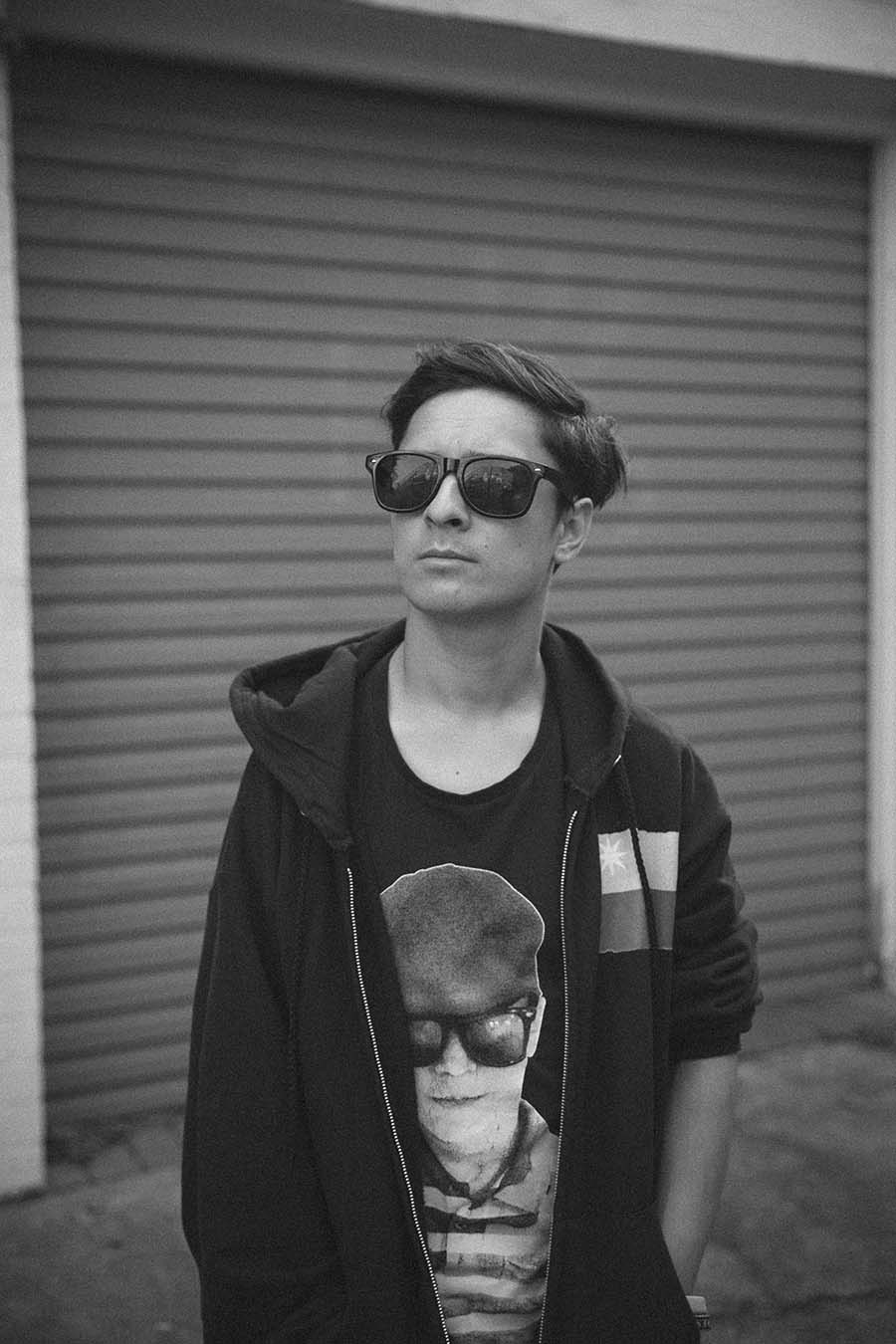 HAPPY: Absolutely. I want to talk about the First Nation Concert Series, which you’re a part of. Can you tell me why you feel the series is important?
HAPPY: Absolutely. I want to talk about the First Nation Concert Series, which you’re a part of. Can you tell me why you feel the series is important?
DOBBY: It’s super important. I keep thinking about the fact that Tasman Keith and I are set to play at the Opera House. That’s insane! Especially for what that place means, that place being Bennelong Point. It’s a very significant place culturally. I mean, we’re just gonna throw it down the best way we know how. We’re gonna be loud, we’re gonna be black, we’re gonna speak truth in that room, and the only hope is that people will understand. Another is, on a world perspective, I know it’s one of the wonders of the world and that’s gonna be really powerful. It’s gonna be huge.
HAPPY: I feel like one of the big things preventing growth in Indigenous issues is the fact that people like me, non-Indigenous people, are kind of oblivious to a lot of the issues. How do you change that?
DOBBY: I think that what we’re doing right now is a big step toward being able to start a bigger and more productive concert series. In general, hearing rappers talk about their shit and explaining their own personal stories is a great first step. In terms of the concert series, it’s representation. I think that people like myself and Tasman Keith, we’re strong MCs and we have a lot to say, so people here and around the world will hopefully “okay, this is what’s happening, there’s a contention here and I think we need to start talking more about it”. Because it’s a movement, and it’s bubbling right now.
Catch Dobby playing alongside Tasman Keith and MC Hau Latukefu at the Sydney Opera House on Wednesday October 19th (tickets are almost gone so get on it).
The First Nations Concert Series will continue until January with performances from Radical Son and Tia Gostelow later this year. Find out more about it here.
